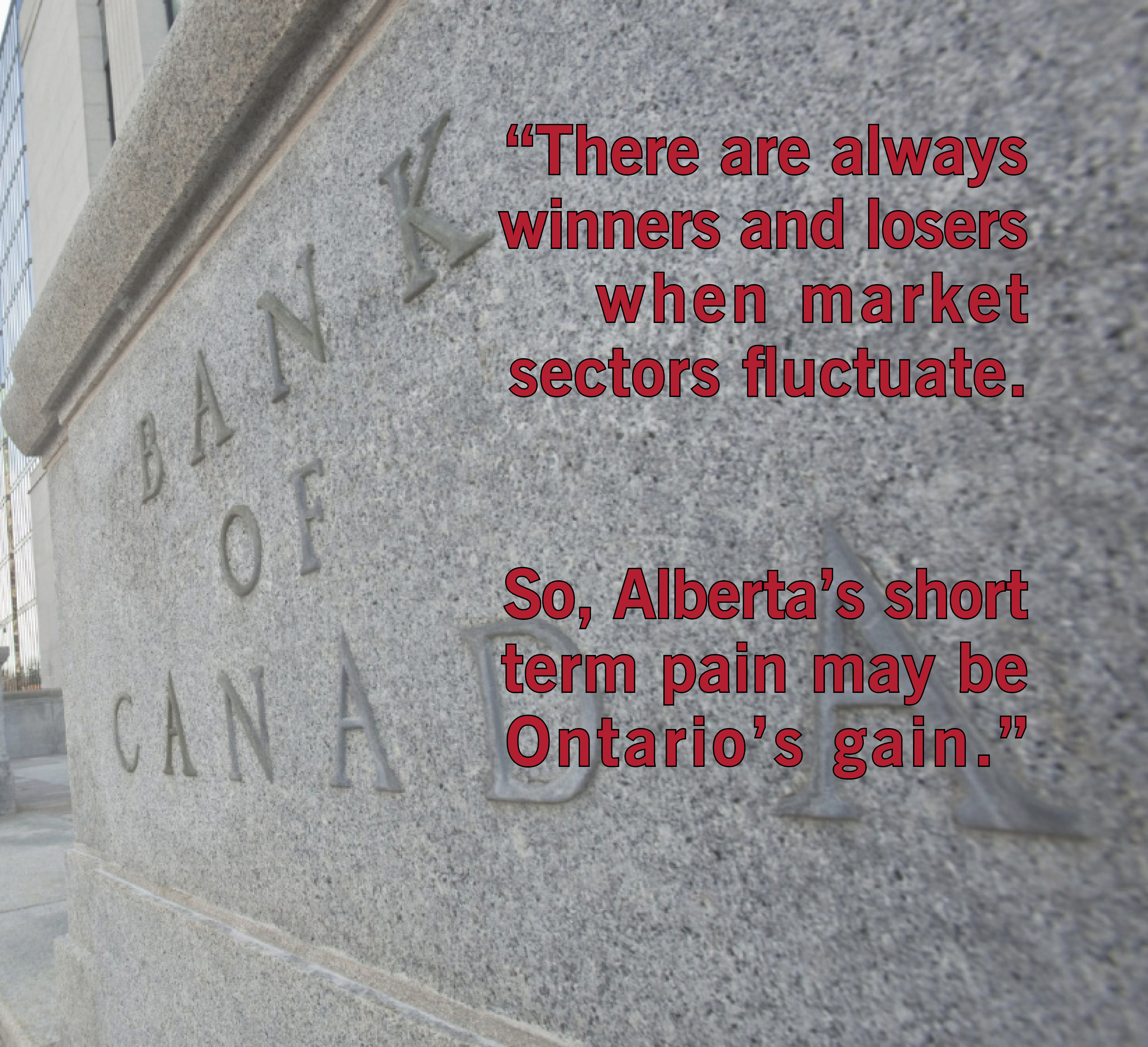From Toronto one can visit another world with relative ease. No space flight training required. It’s a simple as gassing up the family chariot and driving west on the 401. After 3 hours and 55 minutes of driving, some 371 km, you should hit Detroit. Within minutes of crossing the border in Windsor, Ontario, you will ask yourself, “where the hell am I?” Sure the navigation display in your car says Detroit, but you’ll be hard pressed to believe it’s not another planet.
The city of Detroit has been in decline, and decay, for a number of years now. The how and why has been debated for many decades. And I can’t speak to the specifics of the root causes of Detroit’s plight, but what I can say with some certainty is that the residents of Detroit would gladly trade their circumstances and problems for ours. I was struck by some statics that I just came across. It’s been well publicized that the average home price in Toronto jut hit $1 million recently. In Detroit, some sixty-two thousand homes will go into foreclosure for unpaid taxes this year. The homes will be auctioned off for an estimated $500. That’s right, for the cost of two grande lattes at $tarbucks, you can buy a house in Detroit.  Sure you might have some issues to deal with if you end up with the winning bid. Like the current owners still living in the house, but they stopped paying taxes because the city can no longer provide basic services. There’s a chance they might be gun owners, and now that they’re not paying property taxes, they have extra cash to buy more ammo. Let’s not forget about squatters (more…)
Sure you might have some issues to deal with if you end up with the winning bid. Like the current owners still living in the house, but they stopped paying taxes because the city can no longer provide basic services. There’s a chance they might be gun owners, and now that they’re not paying property taxes, they have extra cash to buy more ammo. Let’s not forget about squatters (more…)
I was in Vancouver this week for a quick trip, and I had to ask the cab driver where all the traffic was? He responded, March break. Ah, that makes sense. That logic applies to every city in Canada, with exception of Toronto. Toronto’s new Mayor declared war on traffic in early in January, but it now appears that the battlefield combatants are suffering from battle fatigue. Slowly but surely Toronto’s traffic patterns are going back to “normal”, in other words, not moving. So it was a nice treat to dive around Vancouver a couple of times with no traffic congestion. I was actually thirty minutes early for all my meetings. Building in an extra thirty minutes in travel time is a result of conditioning. Nevertheless, it was nice to get be on a road where traffic wasn’t snarled and to be reminded that March break is here.
 I suspect we all have our own individual signs of hope, meaning spring must be coming. It’s been a chilly winter in the East, and signs of relief are welcome. In fairness the temp’s have normalized in the East, which means more people may be going out to look at properties, which is great all around. I have two signs of hope, the beginning of Major League Baseball spring training, and the Masters Golf tournament. The timing is perfect, baseball spring training starts in March, and the Masters is always in April. Seeing green grass, and people walking around in shorts, gives me hope that it can actually happen here. And for those who can’t wait, and there is many in this country, it’s off they go to warmer climates next week.
I suspect we all have our own individual signs of hope, meaning spring must be coming. It’s been a chilly winter in the East, and signs of relief are welcome. In fairness the temp’s have normalized in the East, which means more people may be going out to look at properties, which is great all around. I have two signs of hope, the beginning of Major League Baseball spring training, and the Masters Golf tournament. The timing is perfect, baseball spring training starts in March, and the Masters is always in April. Seeing green grass, and people walking around in shorts, gives me hope that it can actually happen here. And for those who can’t wait, and there is many in this country, it’s off they go to warmer climates next week.
Like thousands of Canadian’s, (more…)
Read More Add a CommentThat’s not exactly what we have come to expect from the Bank of Canada. For years it’s been none and done. Historically when the Bank of Canada makes an adjustment to the overnight lending rate, up or down, it’s not normally a one shot proposition. So why the change? Well, for now there was no need to lower the overnight lending rate. Financial and economic conditions have improved since the last rate cut. Still somewhat tenuous but not as dire as some were suggesting. Here’s how the Bank of Canada rationalized not making a change to the overnight lending rate, “The oil price shock has had a modest early impact on aggregate demand, and a larger effect on income. The Bank continues to expect that most of the negative impact from lower oil process will appear in the first half of 2015, although it may be even more front-loaded than projected in January. Nevertheless, data for 2014 as whole suggest the anticipated rotation into stronger growth in non-energy exports and investments”.
 One doesn’t require expertise in breaking ciphers to decode the Bank of Canada’s position. Simply stated, there’s still concern about Alberta, relative to the price of oil, but the fallout and pain may be contained. Also, there are always winners and losers when markets sectors fluctuate. So Alberta’s short term pain may be Ontario’s gain. Yes, it appears that the “have not” province may be in a position now to tuck away their tin cup and pencils – not for a moment do I think politicians at every level in Ontario will cease being the country’s most organized panhandlers, but the justification for handouts may become more difficult. (more…)
One doesn’t require expertise in breaking ciphers to decode the Bank of Canada’s position. Simply stated, there’s still concern about Alberta, relative to the price of oil, but the fallout and pain may be contained. Also, there are always winners and losers when markets sectors fluctuate. So Alberta’s short term pain may be Ontario’s gain. Yes, it appears that the “have not” province may be in a position now to tuck away their tin cup and pencils – not for a moment do I think politicians at every level in Ontario will cease being the country’s most organized panhandlers, but the justification for handouts may become more difficult. (more…)